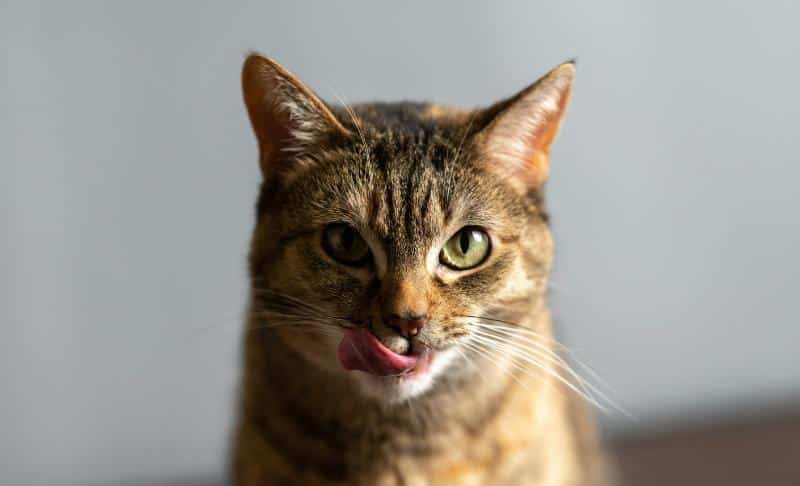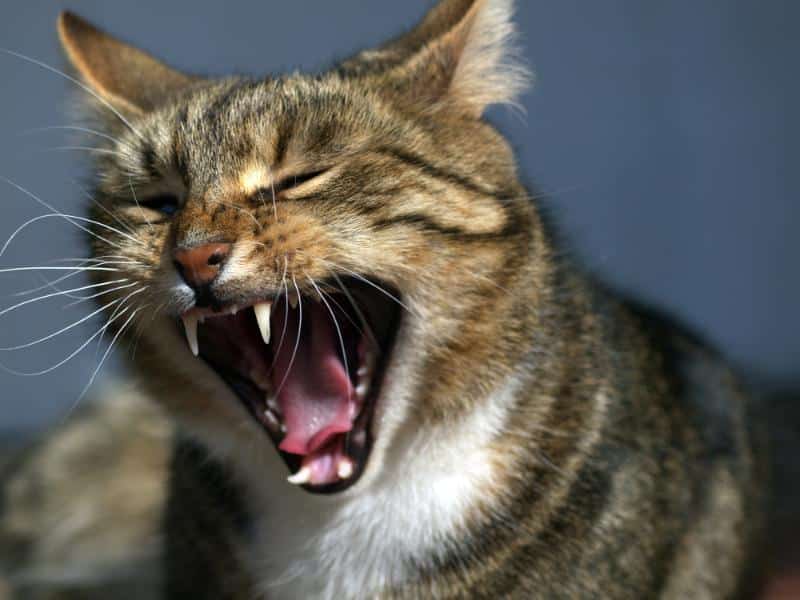Cats are known for their independence and self-sufficiency, but when it comes to dental care, they often need a helping hand. Just like humans, cats can experience dental issues such as plaque buildup, tartar, and gingivitis if their oral hygiene is neglected. This blog will explore why dental care is crucial for cats, signs of dental problems to watch out for, and practical tips for maintaining your feline friend’s oral health.

Why Dental Care Matters for Cats
Ensuring adequate dental care is crucial for cats to uphold their general health and vitality. Neglected dental issues can inflict pain, discomfort, and even escalate into severe health complications. For example, untreated gum disease in cats can advance to periodontitis, which may culminate in tooth loss and pose risks of systemic infections affecting critical organs like the liver, heart, and kidneys. Moreover, dental ailments can disrupt a cat’s ability to eat comfortably, leading to nutritional deficiencies and a diminished quality of life. For top-notch dental care for your feline friend, consider consulting a Des Moines vet for professional advice and assistance.
Signs of Dental Problems in Cats
Detecting dental issues in cats can be challenging since they often hide signs of pain or discomfort. However, there are several signs that may indicate dental problems, including:
- Bad breath (halitosis)
- Difficulty eating or chewing
- Excessive drooling
- Pawing at the mouth
- Bleeding or inflamed gums
- Loose or missing teeth
- Changes in behavior, like increased irritability or reluctance to be touched around the mouth
If you notice any of these signs, it’s imperative to consult your veterinarian promptly for a thorough dental examination.
Tips for Maintaining Your Cat’s Oral Health
Regular Brushing: Similar to humans, regular brushing is advantageous for cats to eliminate plaque and deter tartar accumulation. Employ a cat-specific toothbrush and toothpaste, as human toothpaste can be hazardous if ingested. Begin brushing gradually, integrating it into your cat’s routine over time.
- Dental Diet: Consider feeding your cat a dental diet formulated to promote oral health. These diets are designed to reduce plaque and tartar buildup through their kibble size, shape, and texture. However, always consult with your veterinarian before making any changes to your cat’s diet.
- Dental Treats and Toys: Provide your cat with dental treats or toys designed to promote chewing and reduce plaque buildup. These products often have textured surfaces that help scrub away plaque while satisfying your cat’s natural urge to chew.
- Regular Veterinary Checkups: Schedule routine dental checkups with your veterinarian to monitor your cat’s oral health and address any issues early on. Your vet may recommend professional dental cleanings under anesthesia to remove tartar and plaque buildup that brushing alone cannot address.
- Monitor Oral Hygiene: Regularly inspect your cat’s mouth for signs of dental problems such as redness, swelling, or bleeding gums. Early detection and intervention can prevent dental issues from escalating into more significant problems.

Conclusion
Maintaining good oral hygiene is essential for your cat’s overall health and well-being. By implementing a regular dental care routine, monitoring for indications of dental problems, and seeking veterinary care when needed, you can help keep your feline friend’s teeth and gums healthy for years to come. Remember, healthy teeth leads to a happy cat!
